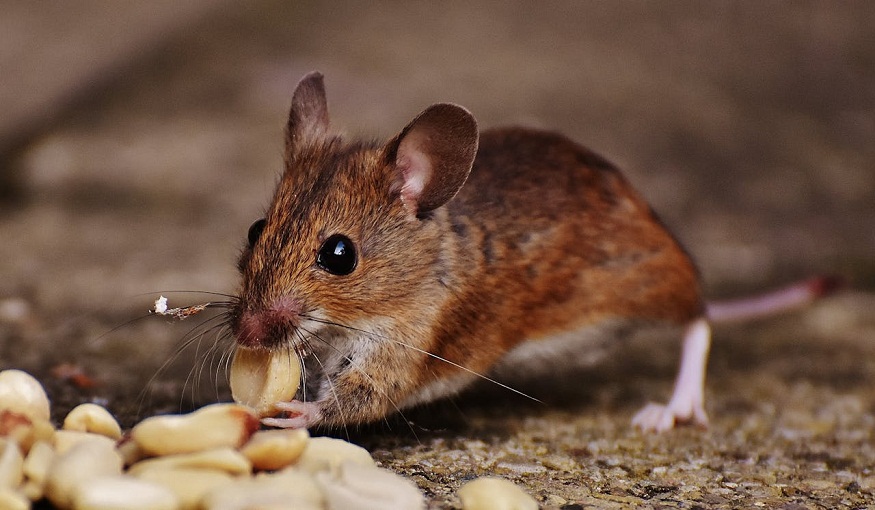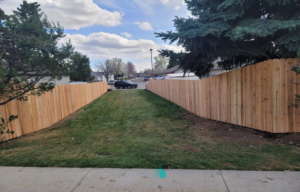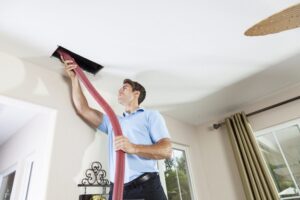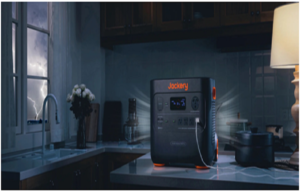
One of the challenges that homeowners face is dealing with pests, whether it’s ants in the kitchen or rodents in the attic. While hiring a professional pest control service is always an option, there are some preventative measures we can take on our own to keep these unwanted guests at bay. In this guide, we’ll cover some do’s and don’ts when it comes to pest control, so you can enjoy a pest-free home.
How Society Has Benefited from Pest Control Services
Pest control services have been around for centuries, and they have greatly benefited society in many ways. The obvious benefit is the elimination of pests that can cause damage to our homes and health. However, pest control services also help protect our crops and keep disease-carrying pests at bay. This has a significant impact on public health and food production.
In addition, pest control services have improved over time with advancements in technology and research. Today, we have more eco-friendly options available that are both effective and safe for the environment. This not only benefits us but also helps preserve the ecosystem.
Try Prevention First
Before reaching for pesticides, it’s always best to try and prevent pests from entering our homes in the first place. This not only saves us money but also reduces our exposure to harmful chemicals.
Some preventative measures include:
- Keep food stored securely in airtight containers
- Regularly clean up crumbs and spills
- Seal any cracks or openings around doors and windows
- Remove standing water outside of your home
By taking these simple steps, we can make our homes less appealing to pests and reduce the risk of an infestation.
Do: Research Before Taking Action
If you do find yourself dealing with a pest problem, it’s important to do your research before taking any action. This includes identifying the pest and understanding its behavior, as well as researching safe and effective methods of removal.
For example, using natural predators like ladybugs can be an effective way to control aphids in a garden without the use of harsh chemicals. Or setting up traps for rodents rather than using poison can also be a safer option.
Don’t: Use Excessive Pesticides
While pesticides can be an effective solution for pest problems, it’s important not to go overboard. Using too much pesticide not only harms our health but also kills off beneficial insects and can lead to pesticide resistance in pests.
If pesticides are necessary, make sure to follow the instructions carefully and use them sparingly. It’s always best to start with the least toxic option and only escalate if needed.
Do: Safely and Correctly Use Pesticides
If you do need to use pesticides, it’s important to follow safety precautions and use them correctly. This includes wearing protective gear, keeping children and pets away from treated areas, and properly disposing of any leftover products.
It’s also important to read the label carefully and only use pesticides for their intended purpose. Using a pesticide meant for outdoor use indoors can be dangerous and ineffective.
Don’t: Ignore Signs of Infestation
When it comes to pests in our homes, early detection is key. Ignoring signs of infestation can lead to a larger problem that will be more difficult and costly to deal with.
Some common signs of infestation include:
- Droppings or chewed up materials
- Unusual smells
- Scratching or scurrying noises in walls or ceilings
If you notice any of these signs, it’s important to take action right away and contact a professional pest control service if needed.
Do: Regularly Inspect and Maintain Your Home
Lastly, one of the most important do’s for pest control is to regularly inspect and maintain your home. This includes fixing any leaks or moisture issues that can attract pests, keeping your yard tidy and free of debris, and trimming trees and shrubs near your home to prevent easy access for pests.
By staying proactive and following these pest control do’s and don’ts, we can keep our homes free of unwanted guests and maintain a healthy and safe living environment. Remember to also stay informed about new methods and techniques in pest control, as the industry is constantly evolving to provide more effective and eco-friendly solutions.
Do: Properly Dispose of Pesticides
When using pesticides, it’s important to dispose of them properly. This means not pouring excess chemicals down the drain or throwing away containers that still have product remaining.
Check with your local waste management facility for proper disposal methods or consider using natural alternatives instead.
Don’t Use Outdoor Chemicals Indoors
Pesticides meant for outdoor use are typically much stronger and more harmful than those intended for indoor use. It’s important to never use outdoor chemicals indoors, as they can linger in the air and be hazardous to our health.
Clothing or shoes that have been exposed to outdoor pesticides should also be removed before entering your home to avoid any potential contamination.
By following these do’s and don’ts of pest control, we can effectively manage and prevent infestations while also keeping ourselves safe. Remember to always put safety first and educate yourself on the latest methods for a healthier and pest-free living environment.
Do: Use the Right Amount of Pesticides that’s Recommended by Experts
When using pesticides, it’s important to use them in the correct amount as recommended by experts. Using too much pesticide not only harms our health but also can be ineffective in controlling pests.
Using the right amount will also help prevent pesticide resistance and reduce the risk of harmful chemicals lingering in our environment. Always read labels and follow instructions carefully for safe and effective use.
Don’t: Neglect Maintenance After Pest Control Treatment
After a pest control treatment, it’s important to continue with regular maintenance to keep pests from returning. This includes fixing any entry points that may have been used by pests, regularly cleaning up potential food and water sources, and ensuring proper storage of food and waste.
Neglecting maintenance after a pest control treatment can lead to re-infestations, making the initial treatment ineffective. It’s also important to schedule follow-up appointments with your pest control provider as recommended for long-lasting results.
Don’t Assume that Twice as Much is Better
When using pesticides, it’s important to follow the instructions carefully and not assume that using more products will yield better results. In fact, using excessive amounts of pesticides can be harmful to our health and the environment.
Always use the recommended amount and only reapply if necessary. If the problem persists, consider seeking professional pest control services for a safe and effective solution.
Use TAP Insulation When Necessary
Insulation is an important part of any home, but it can also provide a breeding ground for pests if not properly maintained. Inspect your insulation regularly and replace or add more when necessary.
If you live in an area with high moisture levels, consider using tap insulation instead of traditional materials. Tap insulation is made from borate-based products that are proven to be effective against common household pests while also providing thermal protection for your home.
By taking these precautions and following the advice of your pest control provider, you can ensure that your home remains free from pesky intruders for years to come. Remember, prevention is always better than treatment when it comes to dealing with pests. So don’t wait until the problem becomes unmanageable before taking action. Stay ahead of the game and keep your home well-insulated and protected from pests at all times.






